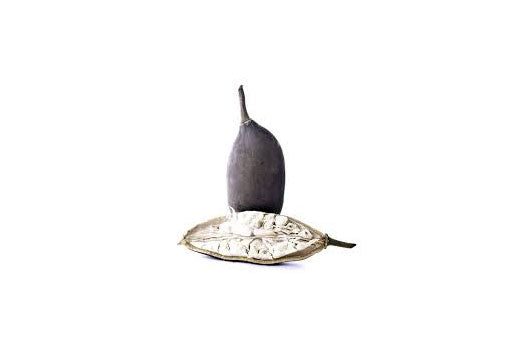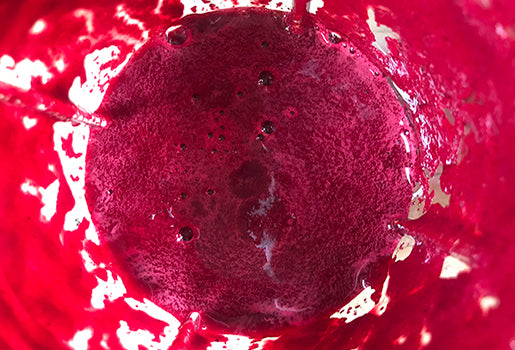The Skincare Wars--Reinterpreted

Vox published an article by Constance Grady called The Skin Care Wars Explained. The article was written in response to Krithika Varagur's decry that skincare was mostly a scam in The Skincare Con. (I totally agree...well in part).
Grady discusses the politics of gender to explain why this claim is misogynistic, unfair, and a reflection of our patriarchal society. Many others contended.
In a brilliant and thought-provoking way, Grady sheds light on the myriad forms of subtle oppression against women, explaining that Varagur's claim is just another attack on women and their choices. She explains how women have long endured pressure to meet our cultural standards of beauty but having to do so without the fuss because they are expected to be beautiful naturally. If her beauty is attained by the help of makeup, lashes, hair relaxers, expensive clothing, etc. then she is considered high maintenance, superficial, gullible, ditzy etc. But on the other hand, a woman who doesn't fuss over her looks and who doesn't fit the cultural definition of beautiful is then considered a recluse, negligent, unclean, careless, lazy, unkept or even boy-like. It is this pressure to have to fit into that perfect mold or be forever relegated to one of those degrading categories that limit women's freedom to be who and how they want to be, independently of what is dictated to them by men/ society. In an effort to navigate this patriarchal society, women have taken on certain rituals.
For Grady, critiquing those rituals is implying that women are never good enough and whatever our efforts, we are either sabotaged by what she calls "concern trolls" or are rendered prey to corporations that feed off our insecurities.
The main resistance to Varagur's critique of the skincare industry--be it by Grady or others who felt Varagur's sting--was mainly to the subliminal accusation that women are tarts for falling for snake oil skincare and are wrong, superficial and ignorant for wasting time & money on ourselves.
Grady, therefore, touches upon the origin or self-care, it's significance and role in standing up to corporate healthcare, which is notorious for taking control of our health and body. She talks about the holistic benefits of self-care as a physical form of meditation and inner reflection.
Grady's piece is quite illuminating because she gives depth, through a historical and socio-political (and economic) analysis of gender games, to the skincare culture within this misogynistic society.
However, and I repeat, HOWEVER, it does not quite provide a solid case against Varagur's point. And I think the others who echoed Grady's peeve by saying: "Skincare is anything but a scam. It makes women feel happy and is harmless and it's really no one else's business, anyway", are looking at this from a very different standpoint, one that makes this about women's systemic oppression, instead of the co-opting, capitalistic nature of the skincare industry.
I interpret Varagur's statement as a direct attack on the skincare industry and not against women's self-care choices. In large, I do agree with Varagur because the skincare industry makes promises that they cannot deliver. They feed off of women's emotional and physical needs developed and defined by false ideas of themselves as they seek to meet an unfair and often unattainable construct of beauty. The scam is that the products prey on an emotional and physical need without truly fixing the problem. Most skincare products out there are either snake oil ointments riddled with potentially hazardous chemicals or if they actually do work, it's at the expense of women's health. And yes, there are those that don't fall in either of these categories: those are the very few products that are made with safe and high-quality ingredients that do perform as promised. But those products are few and far between.
Calling out the industry for its unethical practices--yes, unethical--is not a reflection of women and how much they know or don't. It's a reflection of how far we have allowed companies to lie for corporate gain. It's about how our society has lost our collective connection to the true and natural elements that really heal, so we forget what to expect and therefore do not question enough.
What do you think?
4 Responses
abiyayaesa
http://slkjfdf.net/ – Umoveliom Icoruqe ehb.nyta.thegreenworldproject.com.itj.kq http://slkjfdf.net/
Mary H Anderson
Very important and pertinent topic regarding skin care and its hype. Thank you for being so conscientious in the making of your Nelum Botanics products from basic material ingredients to the knowledge of how to blend to make them effective as well as holistic.
Lucy Barish
So true. I go with pure Nelum Botanics products, organic, leaves my skin looking and feeling great – and I am in my 70s!!!!
Leave a comment
Comments will be approved before showing up.




bakevodofzh
May 29, 2021
http://slkjfdf.net/ – Ezavoivub Izijuahe lvt.gumx.thegreenworldproject.com.zjd.bx http://slkjfdf.net/